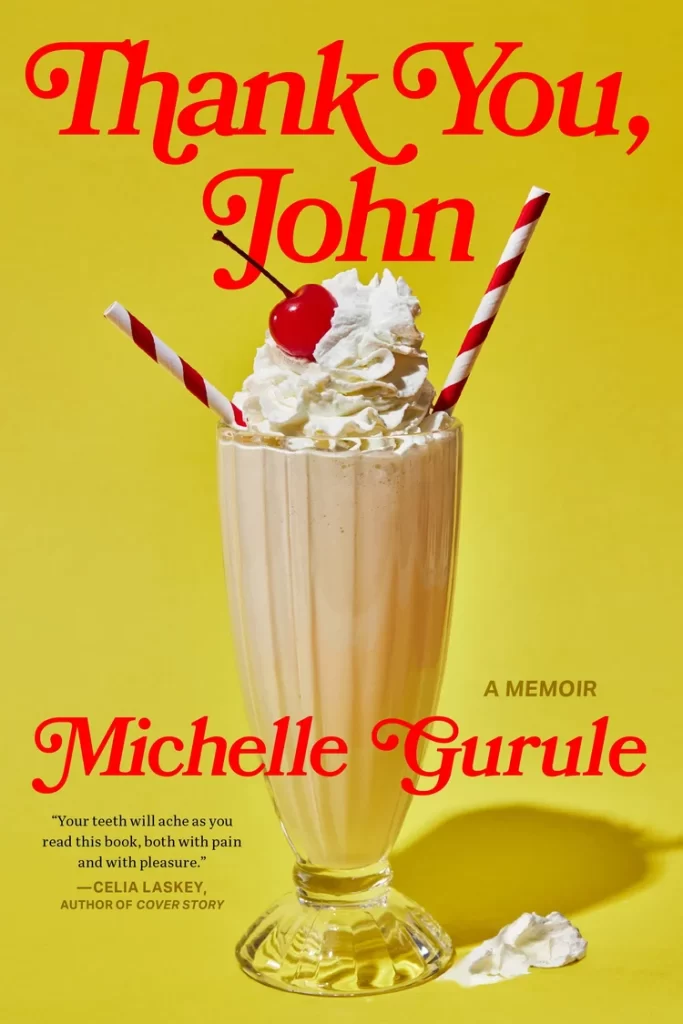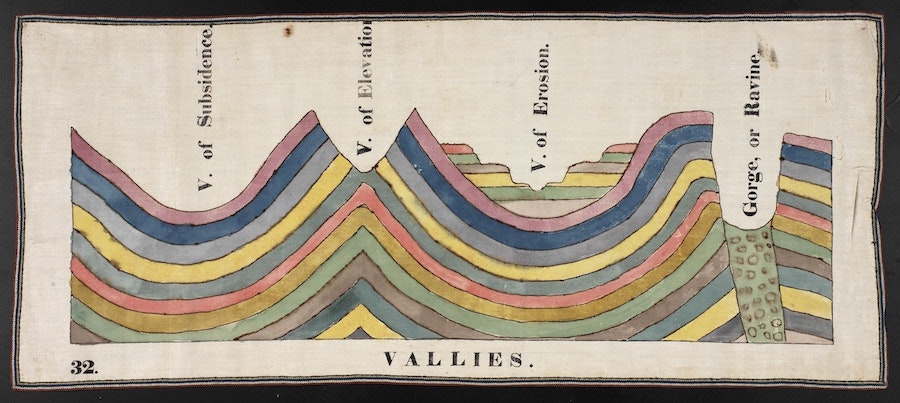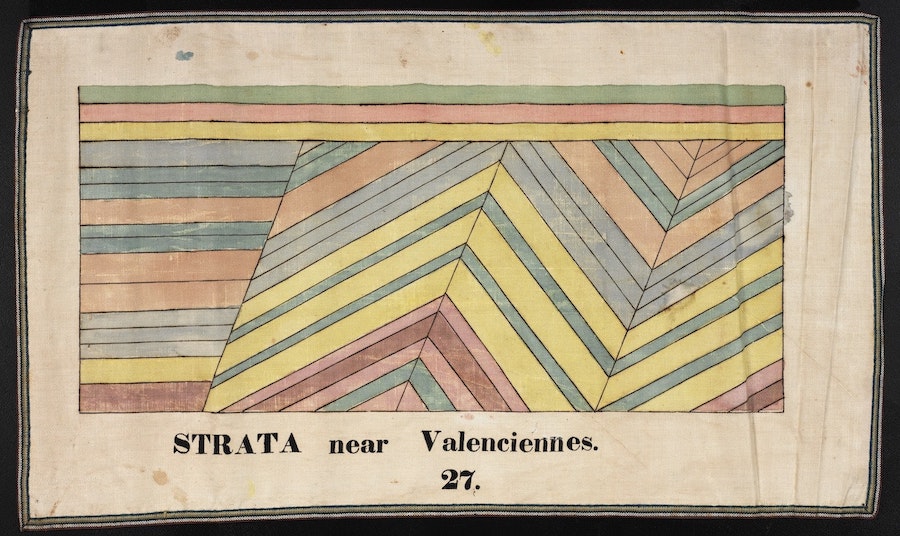I am thrilled to be taking on the role of nonfiction editor at BMR for the coming year. I am so honored you’re considering sending work my way. Nonfiction is such an intimate genre, demanding of its writers both vulnerability and compassion (hint: I’m definitely looking for these things!), and it’s a truly special thing to be invited to read what you’ve created.
Writing this in the fall of 2020, I feel a mixture of hope and dread. So much has changed in the past year, and I expect we’re in for several more surprises before my time as editor is up. I have hope we’ll be in a better world than the one we’re in now; as I’ve watched social movements aimed to dismantle white supremacy, colonialism, and capitalism take center stage over the past few months, I’ve been thinking a lot about how long this moment has been coming. People have been thinking, organizing, and writing for decades–if not centuries–in preparation for this moment. I am inspired by the people (including you!) who will continue to write, to carry forward and build momentum for whatever is going to come next, to probe the ways our personal stories are connected to the broader stories of humanity so that we will always be ready, always moving forward.
Because I really think that’s what good nonfiction does–it explores the permeable membrane separating who we (the authors) are from who we (all people) are, and it is all the more powerful in this exploration because its content is true (or true-ish). There are really radical possibilities to this exercise. It subverts the idea that any one person or type of person can objectively know about–or have power over–the world, centers our emotional experience, and (as I said above) demands that we enter into a stance of radical compassion toward the people in our work, including towards ourselves. So many of us have identities and experiences towards which the world is not designed to be compassionate; when we are compassionate towards ourselves in our writing, we unlock unknown possibilities for how the world might be.
So those are my philosophical ideas about what writing can do. But what am I really looking for? To be honest, my aesthetic preferences are pretty broad. I love pieces that push the boundaries of form and narrative design, and I also love traditional, plot-driven essays. If you check out our past issues, I’m equally as in love with “Pony Legs” as I am with “Welcome to Iowa: Letters to Carp and Other Immigrants.” Be vulnerable, be compassionate, and write the thing the world needs right now, or the thing the world is going to need in a decade. I can’t wait to read it.
PS–If this is your first submission, here’s a tip: most of the time, I barely skim the cover letters. I’m interested in the quality of the piece you’ve submitted, not whether you have an MFA or dozens of other publications. So don’t stress about it.
PPS–I will get distracted if you submit in a weird font or single-space your work. Please follow our submission guidelines so I can pay attention to the words you’ve written, not the formatting of your work.



